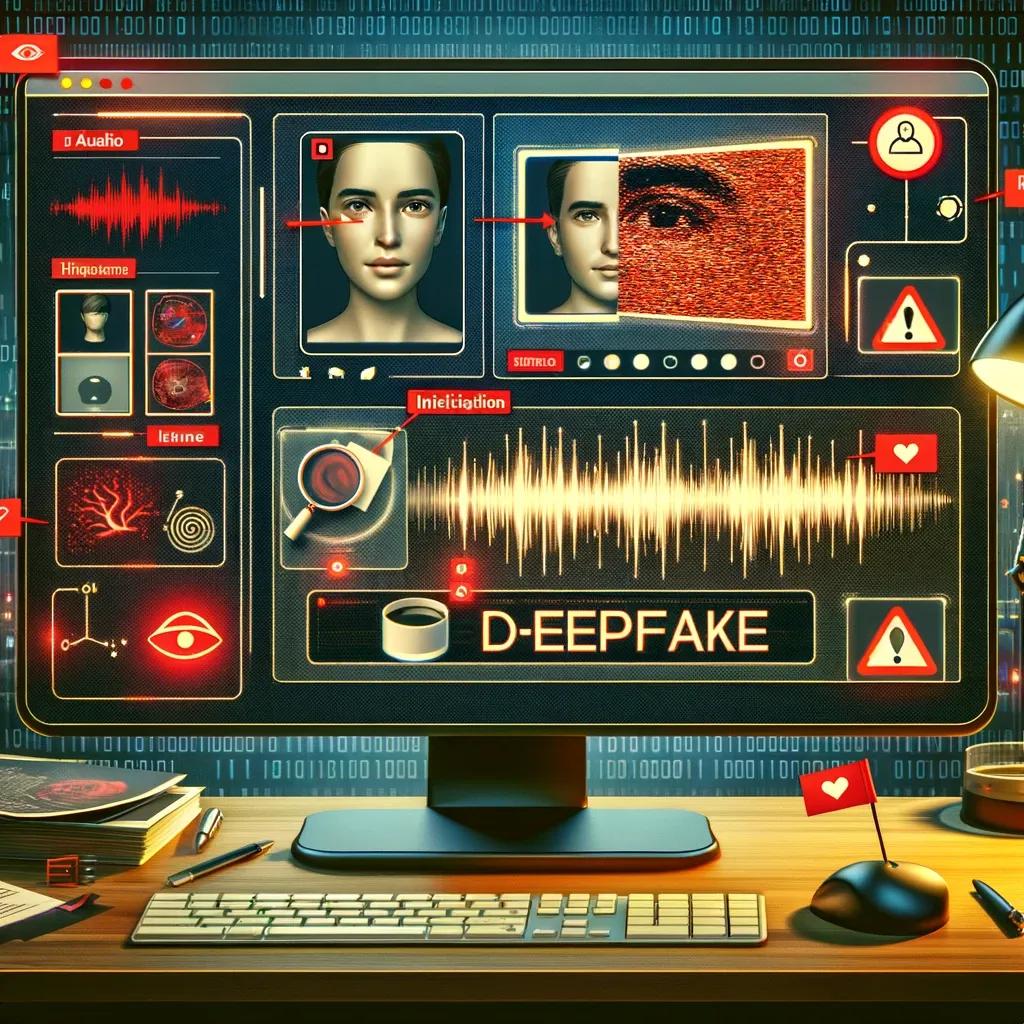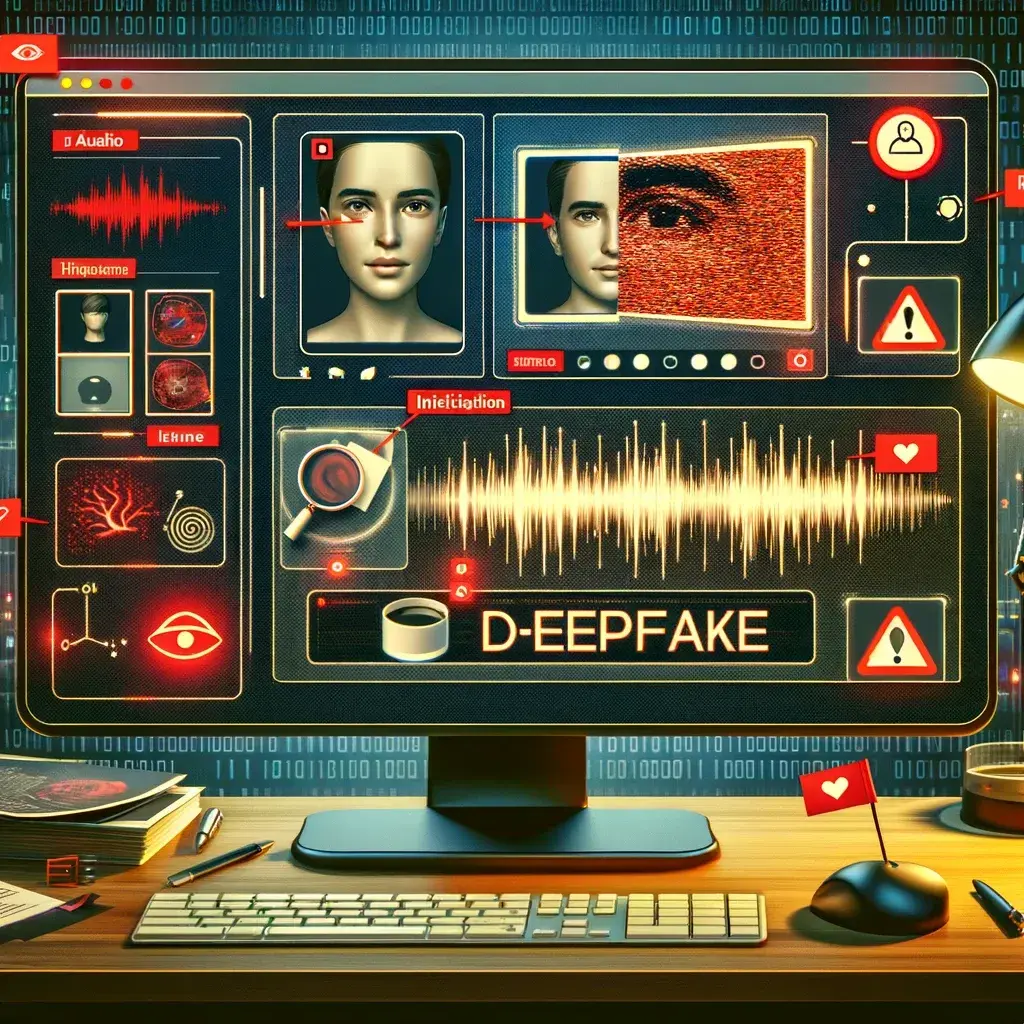Election Commission Warns Against AI Misuse in Bihar Assembly Polls
2 Sources
2 Sources
[1]
Don't misuse AI-based tools to spread misinformation in Bihar poll campaigning: EC
Political parties in Bihar have been warned by the Election Commission against using AI for deepfakes or spreading misinformation during the upcoming polls. The EC stressed the need for prominent labeling of AI-generated or synthetic campaign content, emphasizing transparency and accountability to maintain electoral integrity. Strict monitoring of social media is underway. The Election Commission has warned political parties against misusing AI to create deepfakes or distort information in the Bihar Assembly polls. In a statement on Thursday, the poll authority also reminded parties of its instructions to prominently label Al-generated or synthetic content being shared for campaigning through their social media platforms or in the form of advertisements. Parties, star campaigners and candidates should prominently declare that the content is "Al-Generated", "Digitally Enhanced", or a "Synthetic Content". It cautioned that a strict watch on social media posts is being kept to ensure that the election atmosphere is not vitiated. "The Commission advised the parties against misuse of AI based tools to create deep fakes that distort information or propagate misinformation over social media platforms emphasizing the need to uphold the integrity of the electoral process," it said. The EC had come out with a set of directives for parties against misuse of artificial intelligence to prevent spread of misinformation. Bihar goes to polls in two phases on November 6 and 11 with counting of votes on November 14. Amid increasing use of artificial intelligence in campaigning and its potential to influence voter opinion, the Election Commission had in January this year issued an advisory to political parties asking them to promote transparency and accountability in the use of AI-generated content. The advisory introduced labelling and disclosure norms requiring parties to clearly label any images, videos, audio or other materials generated or significantly altered by AI technologies with a notation such as "AI-Generated"/ "Digitally Enhanced"/"Synthetic Content". It also required political parties to include disclaimers during dissemination of campaign advertisements or promotional content, wherever synthetic content is utilised. (You can now subscribe to our Economic Times WhatsApp channel)
[2]
ECI Bans AI Deepfakes in Bihar Assembly Elections 2025
The Election Commission of India (ECI) has issued a directive to all political parties, asking them to comply with the Model Code of Conduct (MCC) in the context of the upcoming general legislative assembly elections in Bihar and the bye-elections to eight Assembly constituencies. The Commission advised political parties against using AI tools to create deepfakes or spread misinformation, stressing the need to protect the integrity of the electoral process. This directive follows the EC's announcement on October 6, 2025, marking the commencement of the MCC, which now extends its reach to digital platforms, including social media. For context, Bihar will go to assembly polls in two phases, Phase I on November 6, 2025, for 121 seats, and Phase II on November 11, 2025, for 122 seats. The Election Commission has also scheduled bye-elections for eight Assembly constituencies across six states and Jammu & Kashmir, with polling on November 11 and counting on November 14 for both the Bihar elections and bye-polls. The ECI warned against using AI tools to create misleading or distorted content, including deepfakes, and emphasised the need for transparency. Any AI-generated or synthetic content used for campaigning must be clearly labelled as "AI-Generated," "Digitally Enhanced," or "Synthetic Content." The Commission also stated that strict monitoring of social media platforms would be conducted and that violations of the MCC would invite penal action. This is not the first time the ECI has issued directives against the use of distorted information for political gain. In May 2024, the ECI urged the "responsible and ethical use of social media platforms" and called for strict avoidance of misuse by political parties and their representatives during the MCC period. However, that notice did not mention AI-generated, "Digitally Enhanced," or "Synthetic" content. But they did mention that "political parties and their leaders must refrain from using in their campaigning any technological/ AI-based tools which distorts information or spreads misinformation." The ECI's directive to regulate and curb the use of AI-generated content in political campaigns arises from the growing misuse of synthetic media in recent elections. In the past, multiple instances have emerged where politicians used AI tools, including deepfakes and voice cloning, to spread false narratives, attack opponents, manipulate voters, or leverage the technology for political gain. These technologies have enabled the creation of fake videos, impersonation of political figures, and distortion of statements, ultimately undermining the fairness and integrity of the electoral process. Examples of AI misuse in Indian politics: The Model Code of Conduct (MCC) is a set of guidelines issued by the ECI to regulate the behaviour of political parties and candidates during elections. It covers areas such as campaign speeches, polling day conduct, election manifestos, and processions. The MCC ensures that campaigns, polling, and counting are conducted in a fair, transparent, and peaceful manner, supporting the ECI's mandate under Article 324 of the Constitution, which empowers it to conduct and oversee elections in the country. The MCC comes into effect immediately after the election announcement and remains operative until the completion of the election process. To ensure compliance with such directives, social media platforms, in collaboration with the Internet and Mobile Association of India (IAMAI) -- presented the "Voluntary Code of Ethics for the General Election 2019" to the then Chief Election Commissioner. The press release stated that the Election Commission had developed this code of ethics for major platforms, including Facebook, WhatsApp, Twitter, Google, ShareChat, and TikTok (later banned in India).
Share
Share
Copy Link
The Election Commission of India has issued strict guidelines against the misuse of AI-generated content in the upcoming Bihar Assembly elections. Political parties are required to label synthetic content and avoid spreading misinformation through deepfakes.
Election Commission Takes Stand Against AI Misuse in Bihar Polls
The Election Commission of India (ECI) has issued a stern warning to political parties regarding the misuse of artificial intelligence (AI) tools in the upcoming Bihar Assembly elections. This move comes as part of the ECI's efforts to maintain the integrity of the electoral process and prevent the spread of misinformation through advanced technologies
1
.
Source: ET
Key Directives and Guidelines
The ECI has emphasized the need for transparency and accountability in the use of AI-generated content during election campaigns. Political parties, star campaigners, and candidates are now required to prominently label any AI-generated or synthetic content as 'AI-Generated,' 'Digitally Enhanced,' or 'Synthetic Content'
1
. This directive extends to all forms of campaign material, including social media posts and advertisements.
Source: MediaNama
Election Schedule and Model Code of Conduct
The Bihar Assembly elections are scheduled to take place in two phases:
- Phase I: November 6, 2025 (121 seats)
- Phase II: November 11, 2025 (122 seats)
The Model Code of Conduct (MCC) came into effect on October 6, 2025, and now encompasses digital platforms, including social media
2
.Monitoring and Enforcement
The ECI has announced strict monitoring of social media platforms to ensure compliance with the MCC and prevent the spread of misinformation. Violations of these guidelines may result in penal action
2
.Historical Context and Previous Measures
This is not the first time the ECI has addressed the issue of technology misuse in elections. In May 2024, the Commission urged political parties to use social media platforms responsibly and ethically during the MCC period
2
.Related Stories
Collaboration with Social Media Platforms
To ensure compliance with these directives, social media platforms have collaborated with the Internet and Mobile Association of India (IAMAI) to present a 'Voluntary Code of Ethics' for elections. This code was developed for major platforms such as Facebook, WhatsApp, Twitter, Google, ShareChat, and TikTok (later banned in India)
2
.Implications for Future Elections
The ECI's stance on AI-generated content and deepfakes sets a precedent for future elections in India and potentially globally. As technology continues to advance, electoral bodies worldwide may need to adapt their guidelines to address the challenges posed by AI and synthetic media in political campaigning.
References
Summarized by
Navi
Related Stories
Election Commission of India Mandates Labeling of AI-Generated Content in Political Campaigns
16 Jan 2025•Policy and Regulation

Election Commission of India Urged to Collaborate with Fact-Checkers Amid AI Concerns for 2024 Elections
16 Jul 2024

India Proposes Stringent AI Regulations to Combat Deepfakes and Misinformation
22 Oct 2025•Policy and Regulation

Recent Highlights
1
Google Gemini 3.1 Pro doubles reasoning score, beats rivals in key AI benchmarks
Technology

2
Meta strikes up to $100 billion AI chips deal with AMD, could acquire 10% stake in chipmaker
Technology

3
Pentagon threatens Anthropic with supply chain risk label over AI safeguards for military use
Policy and Regulation





